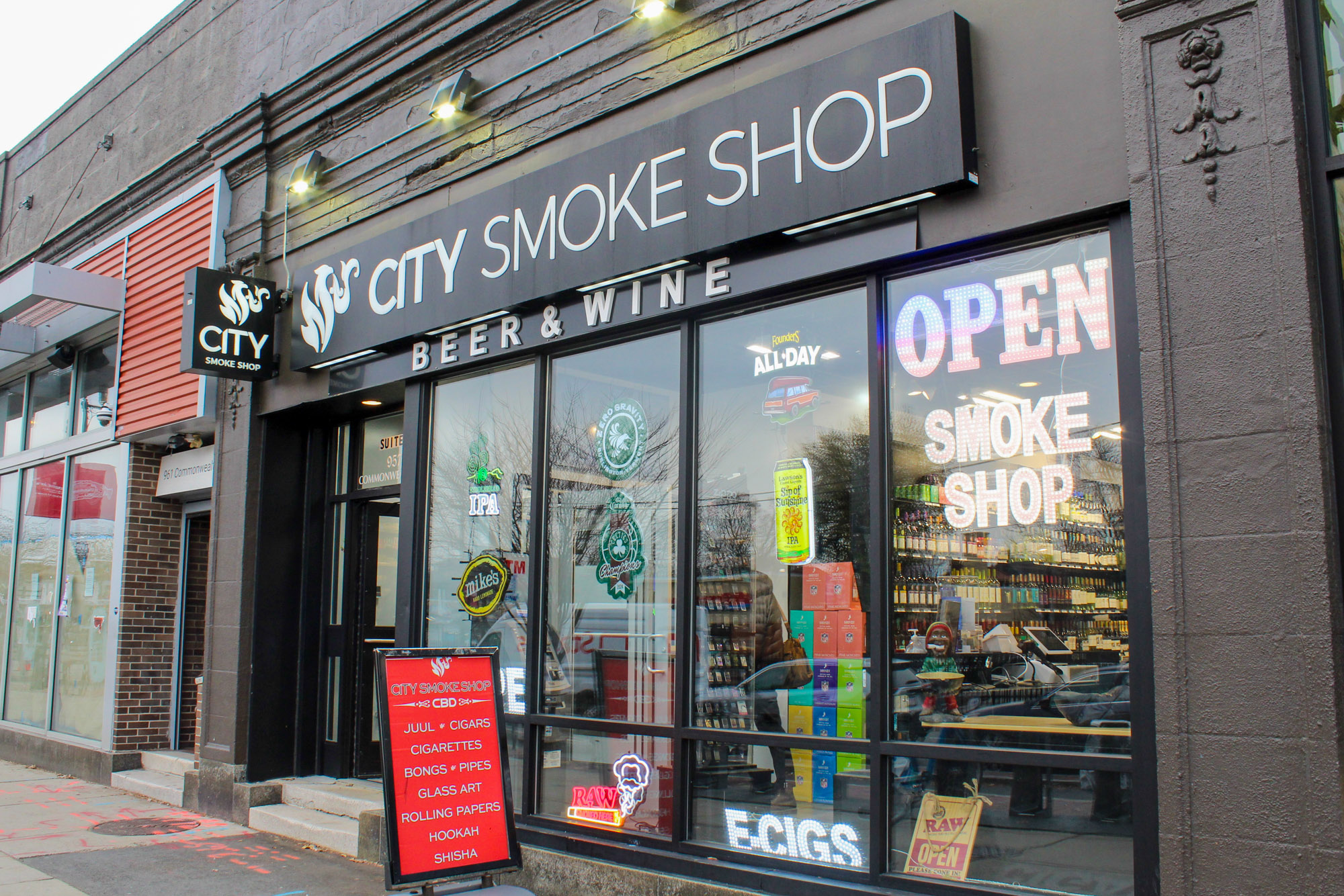After Newton’s nicotine sales ordinance took effect March 1, some voiced concerns over its impact on local businesses, while others praised it as a step toward reducing smoking rates.
People born on or after March 1, 2004 are unable to buy nicotine products in Newton, following a new city ordinance approved by the Newton City Council Jan. 21.
This ordinance comes after the Nicotine-Free Generation bill was filed, which aimed to phase out smoking entirely in Massachusetts. Other cities, including Brookline, Melrose, Wareham and Stoneham, implemented similar policies, according to The Boston Globe.

“The law is discriminatory,” said Ryan Kearney, the general counsel at the Retailers Association of Massachusetts. “It’s anti-consumer choice, anti-small business and unnecessary in light of existing Massachusetts law.”
In 2019, the Massachusetts legislature raised the legal age for purchasing tobacco to 21 and passed An Act Modernizing Tobacco Control the following year, which increased excise taxes on e-cigarettes, limited high nicotine e-cigarette sales and restricted flavored tobacco sales.
Because of these passed laws, Kearney said Newton’s ban “does nothing” in protecting the community’s health, safety or welfare.
Kearney also said the ban will hurt local businesses that will suffer from a “competitive disadvantage.”
“The government should not be depriving a legitimate and licensed retail business the opportunity to sell legal products,” Kearney said. “Adult consumers, not the government, should get to decide whether or not they want to purchase legal products.”
Regarding economic concerns, Kearney said increased regulation of nicotine products creates greater incentives for illegal purchases.
“We have a huge black market problem, and that’s going to continue to grow as more and more products get taken off the shelves,” Kearney said.
While consumers can still purchase tobacco products in neighboring towns, the ban sends a message that smoking is no longer socially acceptable, Tufts Professor of Public Health and Community Medicine Michael Siegel said.
“It will help to accelerate the decline of smoking,” Siegel said. “Eventually, as each generation grows up and is smoke-free, effectively, smoking will disappear.”
By 2021, 13.7% of Massachusetts adults were current smokers, which is a historic low.
“We’re literally getting to a point where you just can’t find smoking,” Siegel said. “It’s been almost completely eradicated.”
Siegel said the ban will help to reduce the demand for cigarettes even more.
“There’s always going to be ways for youth to get cigarettes if they want them,” Siegel said. “But, what’s going to happen is it’s going to drive the demand down we’re already seeing.”
Massachusetts House Representative Greg Schwartz said he supports the ban’s potential public health benefits.
“From a public health point of view, there’s no question that smoking is one of the top causes of harm and cost to our system,” Schwartz said. “I definitely support the goals of seeing a future where we really don’t have the scourge of tobacco use causing all these health problems for our future generations.”
The annual health care costs in Massachusetts directly caused by smoking stand at $4.74 billion.
“These kinds of policies are needed and appropriate,” Schwartz said. “If this policy doesn’t have the kind of support that we need to get [the bill] through, I think that there could be continuous, alternative tweaks to the idea that might continue to remove tobacco as a scourge.”






















































































































